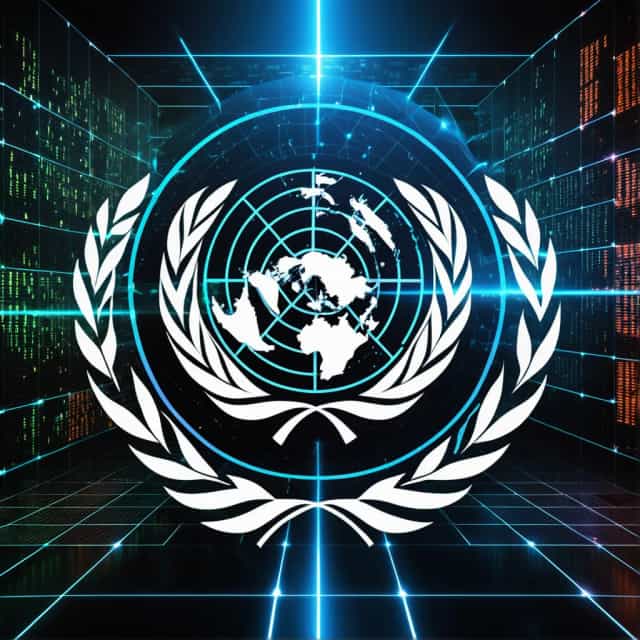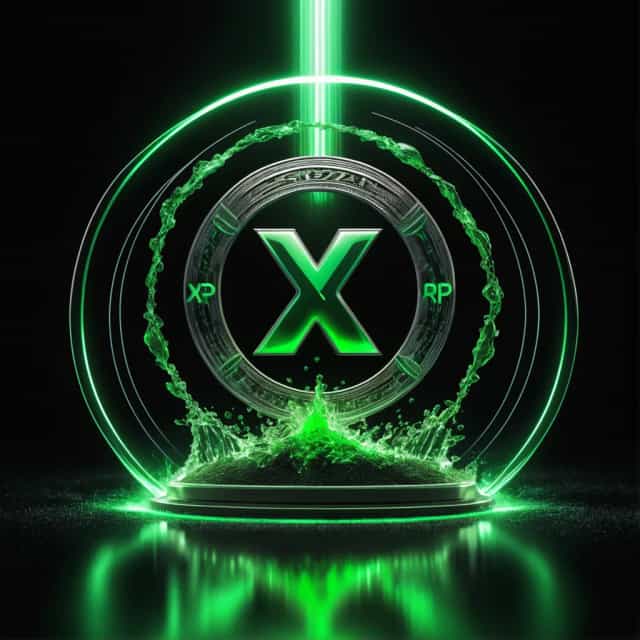
출처: Block Media
Zero-Knowledge Technology: Brevis, zkVerify, Delphinus Lab Propel Blockchain Innovation Forward
Zero-Knowledge (ZK) technology is advancing at an extraordinary pace, with innovators Brevis, zkVerify, and Delphinus Lab spearheading groundbreaking developments. In a joint Ask Me Anything (AMA) session, the three firms declared that real-time ZK proof technology could become a reality within months, not years, fundamentally reshaping the blockchain landscape. With adoption by notable players like MetaMask and LINEA already underway, ZK’s progress is paving the way for Ethereum block verification in under ten seconds—an achievement that could revolutionize blockchain infrastructure globally.
Real-Time ZK Proofs: Ethereum Block Verification in Just 10 Seconds
Wanli, head of the Brevis ecosystem, revealed ambitious plans to achieve Ethereum block verification in under ten seconds using standard consumer hardware. “We don’t believe it will take 12 months,” Wanli stated during the AMA. Such a milestone would redefine Ethereum’s consensus mechanisms, alleviating computational burdens on network validators.
Using streamlined Zero-Knowledge proofs instead of re-executing every transaction, validators would verify compressed data sets, dramatically reducing resource demands. This innovation supports increased decentralization, allowing broader participation in Ethereum’s ecosystem by lowering technical barriers to entry—effectively democratizing blockchain validation.
Mainstream Integration: MetaMask and LINEA Harness ZK Technology
The adoption of ZK technology is gaining traction in mainstream applications, with Brevis leading initiatives that integrate advanced cryptographic solutions into everyday use cases. For instance, Brevis’ zkCoprocessor has enabled a trustless credit card rewards system on the LINEA blockchain, supporting MetaMask’s program to verify user card ownership and transaction activities securely. This application illustrates how ZK proofs provide seamless, decentralized verification without compromising data integrity.
LINEA has further demonstrated ZK technology’s scalability by leveraging Brevis’ solutions in a token incentive campaign, distributing over 1 billion tokens dynamically. Wanli highlighted the significance of such real-world applications by underscoring the importance of rewarding genuine contributions through trustless, data-driven systems. “How can we reward genuine contributors without compromising the principles of decentralization?" Wanli asked, emphasizing ZK technology’s capacity for sophisticated yet trustless targeting mechanisms.
Cross-Chain Proofs: Advancing Multi-Blockchain Convergence
The accelerated development within the ZK ecosystem also addresses critical challenges surrounding cross-chain settlement. Delphinus Lab shared its progress in utilizing ZK proofs for broader blockchain interoperability. Its WASM-based zkVM (Zero-Knowledge Virtual Machine) is capturing interest in browser-native gaming markets by focusing on tailored, vertical-specific implementations rather than generalized functionality—a strategy that simplifies adoption for niche industries.
Sinka, founder of Delphinus Lab, emphasized the importance of collaboration within the ZK space, particularly with zkVerify’s verification layer. Their collective efforts aim to simplify cross-chain operations through a "one proof, many chains" framework, where a single cryptographic proof can validate transactions across multiple blockchains simultaneously.
This approach not only minimizes multi-chain verification costs but also streamlines integration at an infrastructural level. zkVerify’s testnet has already demonstrated robust capabilities, successfully validating over 4.5 million proofs. Introducing an abstraction layer further simplifies cryptographic complexity, making ZK tools more accessible to developers and accelerating adoption across industries.
Milestones Solidify ZK Technology’s Real-World Impact
During the AMA session, participants emphasized three pivotal achievements that showcase ZK technology’s maturation: continuous operational stability, improved developer experience, and tangible integrations into real-world applications like MetaMask. Collectively, these milestones mark a significant departure from theoretical innovation to practical deployment, with ZK technology positioning itself as a transformative driver in blockchain’s evolution.
With advancements converging across infrastructure, economic incentives, and developer usability, ZK technology is rapidly transitioning from a niche development to a cornerstone concept in decentralization. As blockchain projects scale, ZK proofs hold the potential to redefine verification standards, enhance interoperability, and support sustainable decentralization across ecosystems.
The countdown to real-time ZK applications has begun, promising to deliver revolutionary changes within months and cementing its status as a foundational technology for blockchain’s future.










